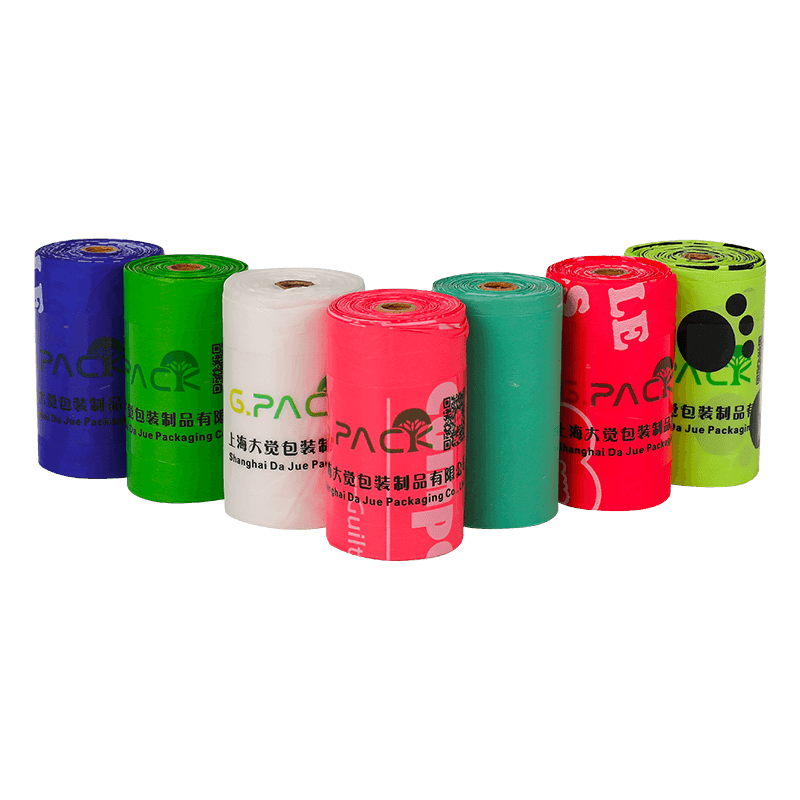Can You Compost Pet Poop Bags in Home Compost Bins? Here's What You Need to Know
Compostable pet poop bags, like those made from PBAT (Polybutylene adipate terephthalate) and PE (Polyethylene), are designed to break down in specific conditions. They’re far superior to regular plastic bags, which can take hundreds of years to decompose. However, their compostability depends on the environment in which they’re disposed. Many of these bags are designed to break down in commercial composting facilities where controlled conditions—such as heat, moisture, and oxygen—help speed up the degradation process. These conditions are optimal for breaking down the bag material as well as the waste inside, reducing the overall environmental impact.
When it comes to home composting bins, the story is a bit different. While some compostable bags are designed to break down at home, not all are created equal. The key factor here is temperature and moisture. Home compost bins generally don’t reach the same high temperatures as commercial facilities. As a result, bags made from PBAT/PE may take longer to break down, even if they’re technically compostable. For most home composters, this means that compostable pet poop bags may not break down as efficiently or as quickly, especially if the compost bin is not actively maintained or the right composting conditions aren’t met.
That said, if you're committed to composting your pet’s waste at home, there are steps you can take to improve the breakdown of compostable bags. The most important step is ensuring your compost bin reaches a temperature high enough to accelerate the decomposition process. If you’re composting dog waste, it’s a good idea to add a variety of organic materials—such as fruit and vegetable scraps, leaves, and grass clippings—to balance the compost and keep the environment aerobic, which helps speed up decomposition. The bags themselves will eventually break down, but it may take a bit longer compared to commercial composting.

It’s also worth considering the type of waste you're disposing of. Pet waste, especially from carnivorous animals, can contain bacteria and parasites that may not be destroyed at lower composting temperatures. While composting pet waste in general is a great way to reduce landfill waste, it’s important to be aware of these health concerns, especially if you're using your compost for food gardens. Some pet owners prefer to compost pet waste separately in a dedicated bin, avoiding potential contamination of vegetable gardens.
On the packaging front, it’s reassuring to know that eco-friendly pet poop bags are often packaged in a similarly responsible manner. Removable or breakpoint packaging options are common, and you can choose from smaller packs of 15 or 30 bags, so you don’t end up with excess that might sit around. Whether you’re using the bags for your regular dog walks or family outings, they’re designed with both convenience and sustainability in mind. The lavender fragrance ensures a pleasant experience during use, while the compostable materials help reduce your environmental footprint.
While Compostable pet poop bags can technically be used in home compost bins, it’s important to be aware of the specific conditions needed for effective decomposition. If you're composting at home, be mindful of the temperature and composition of your compost bin to ensure optimal breakdown of both the bags and the waste. For those looking for a quicker and more reliable composting process, commercial composting facilities are the better option. However, by following best practices and staying informed about the composting process, you can make a positive environmental impact while caring for your pet’s needs.


 English
English 中文简体
中文简体 Español
Español


















